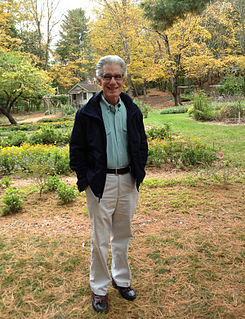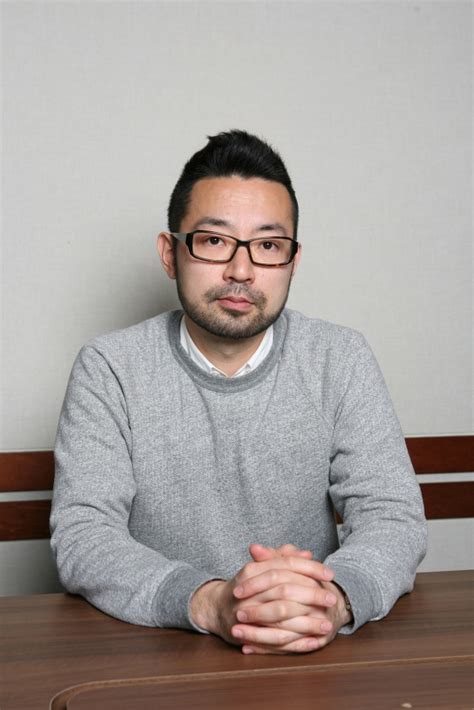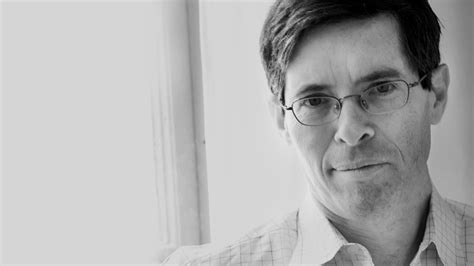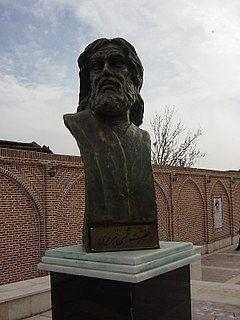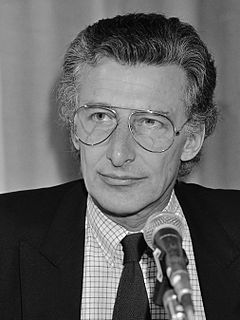A Quote by Doris Kearns Goodwin
The past is not simply the past, but a prism through which the subject filters his own changing self-image.
Related Quotes
what he sought was always something lying ahead, and even if it was a matter of the past it was a past that changed gradually as he advanced on his journey, because the traveller's past changes according to the route he has followed: not the immediate past, that is, to which each day that goes by adds a day, but the more remote past. Arriving at each new city, the traveller finds again a past of his that he did not know he had: the foreignness of what you no longer are or no longer possess lies in wait for you in foreign, unpossessed places.
Buffett was a billionaire who drove his own car, did his own taxes, and still lived in a home he had bought in 1958 for $31,500. He seemed to answer to a deeply rooted, distinctly American mythology, in which decency and common sense triumphed over cosmopolitan guile, and in which an idealized past held firm against a rootless and too hurriedly changing present.
The past is an interpretation. The future is on illusion. The world does not move through time as if it were a straight line, proceeding from the past to the future. Instead, time moves through and within us, in endless spirals. Eternity does not mean infinite time, but simply timelessness. If you want to experience eternal illumination, put the past and the future out of your mind and remain within the present moment.
Besides, whoever keeps the future in front of him and the past at his back is doing something else that's hard to imagine. For the image implies that events somehow already exist in the future, reach the present at a determined moment, and finally come to rest in the past. But nothing exists in the future; it is empty; one might die at any minute. Therefore such a person has his face toward the void, whereas it is the past behind him that is visible, stored in the memory.
I have always looked at the world through the prism of money to some degree. If you could follow the money, it explains a lot of things, in all sorts of aspects of the world. You can look at politics through the prism of money. You can look at art through the prism of money. You can look at sports through the prism of money.
I see a lot of actors that are doing things to please their coaches, their teachers in the past. They say 'No' to parts they should have said 'Yes' to simply because of the opinion of people in their past. I have no one in my past who is judging me and saying, 'Maybe you shouldn't do that.' I'll do it all.
Nuclear man is the man who realizes that his creative powers hold the potential for self-destruction. He sees that in this nuclear age vast new industrial complexes enable man to produce in one hour that which he labored over for years in the past, but he also realizes that these same industries have disturbed the ecological balance and, through air and noise pollution, have contaminated his own milieu.

